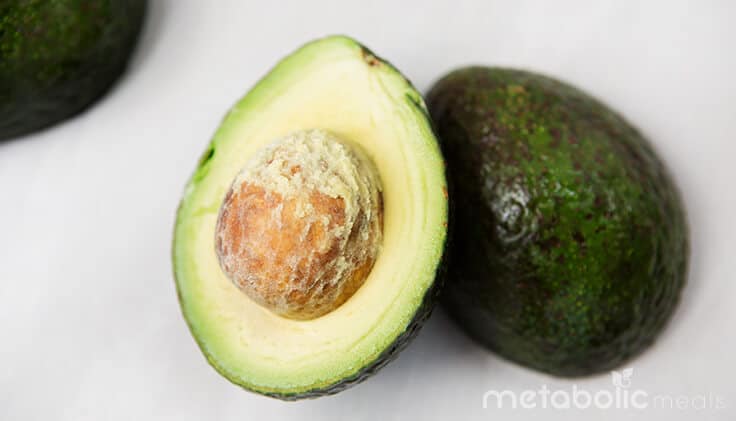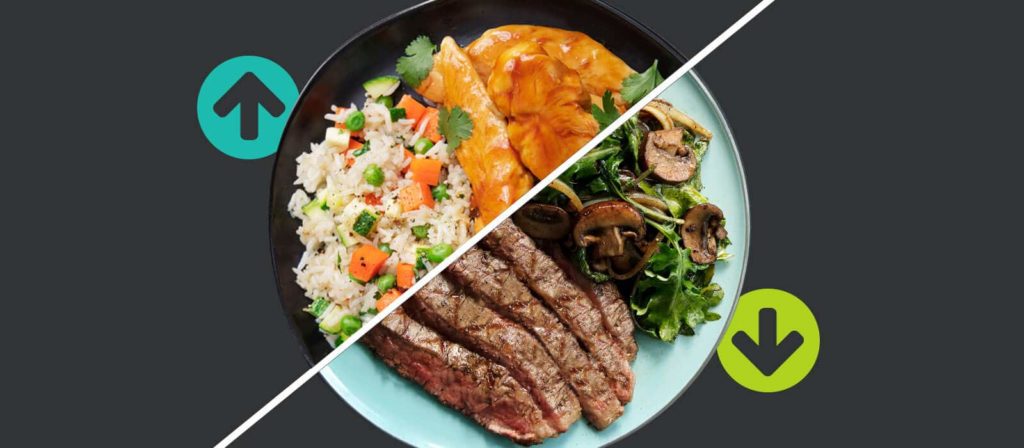The word “inflammation” is somewhat of a trigger in today’s health and fitness world. Yet when you break it down, inflammation is just your body’s response to injury. Whether you break a leg or develop an infection, your immune system needs to initiate inflammation to begin the healing process.
The problem occurs when your body can’t stop it. Just as your immune system initiates inflammation to heal your body, it also produces cells that turn inflammation off once its job is done. Countless people suffer from prolonged inflammation that isn’t followed by natural anti-inflammation, and their health can suffer significantly because of it. Fortunately, some simple dietary adjustments can help naturally reduce inflammation.
What Keeps Inflammation Going?
As a natural part of your immune response, inflammation is vital to your health and well-being. Without it, wounds wouldn’t heal, minor infections would become fatal, and your body wouldn’t be able to fight a common cold. As a prolonged reaction to unhealthy foods and high levels of stress, however, it can be a serious risk factor for numerous other health conditions.
Being in a chronic state of inflammation takes a toll on your immune system, making it less able to fight diseases such as cancer. It also influences weight gain, adding inches and pounds to your body as much as a poor diet can.
So what can turn a natural defensive mechanism like inflammation into one of the greatest dangers your body can face? As with many of today’s common health concerns, the most frequent causes are unhealthy foods and influences such as excessive stress.
Sugar, Fat, and Stress
Eating excessive amounts of sugar and carbs can cause serious damage to tissues all over your body. Your immune system will respond with inflammation as it tries to heal this damage, but hammering your body with more sugar deprives it of the chance to reverse the inflammation. Studies have shown that as little as 40 grams of sugar a day, the typical amount in a can of soda, can notably raise inflammation throughout your body.
Similarly, poor-quality fat and low-fat diets in general are significant factors. Almost all of your body’s tissues contain compounds known as prostaglandins, which are essential for controlling inflammation. Prostaglandins are made up of healthy fats, and if you don’t include enough of these fats in your diet, your body won’t have the strength to defend itself.
Besides too many carbs and not enough healthy fats, chronic stress can cause just as much inflammation in your body as a poor diet. When you’re under stress, your body activates immune cells to prepare them to fight, even if there is no infection or disease to fight. Therefore, prolonged mental, emotional, and physical stress can keep your body on high alert and in an inflamed state.
Reducing Carbs to Lower Inflammation
Eating too many refined carbohydrates, such as those found in breads, cakes, pasta, and sugar-rich foods, raises the amount of insulin in your blood. This not only leads to prolonged systemic inflammation, but also depletes your body’s reservoir of essential nutrients.
When you replace refined carbs in your diet with healthier choices, you give your body the nutrients it needs along with a much-needed break from chronically elevated insulin. Not sure how to replace them? Start with these healthy options:
1. Proteins Raised on Their Natural Diet
Wild-caught fish, Free-Range Poultry and Grass-Fed meat are uniquely high in omega-3 fatty acids, which are highly anti-inflammatory and help your body repair tissue damage. Omega-3 acids are found abundantly in brain cells, making them equally important for preventing cognitive and memory decline — common symptoms of chronic inflammation in certain areas of the brain.
2. Olive Oil
Olive oil is a staple in the Mediterranean diet, and it’s an easy way to add healthy fats to a variety of already healthful dishes. It’s also a powerful antioxidant that’s essential to mediating inflammation throughout your body. Drizzle some extra virgin olive oil on your salad or side of roasted veggies to spice up your meal while improving your body’s ability to regulate inflammation.
3. Avocado
The anti-inflammatory properties of avocados are so strong that experts believe they can help offset some of your less healthy food choices. The antioxidants and unsaturated fats in avocados help keep your blood sugar regulated, and best of all, you can enjoy the fruit however you wish without losing any of its benefits. Add a few dices to your salad or a few slices to your sandwich, or enjoy some homemade guacamole using your favorite recipe.
4. Green Vegetables
Green vegetables such as broccoli, Brussels sprouts, leafy greens, and more are packed with anti-inflammatory phytochemicals, antioxidants, and nutrients your body needs to stay healthy. When you remove refined carbohydrates, your body will rely more on the healthful carbs you get from green vegetables. For optimal results, consume at least eight or nine cups of vegetables a day, spread out across meals and prepared in a variety of ways.
While inflammation might be common in today’s standard Western diet, it doesn’t have to be. By recognizing and avoiding the common causes of chronic inflammation, you can make sure that it remains a defensive mechanism for your body rather than one of its greatest threats.











